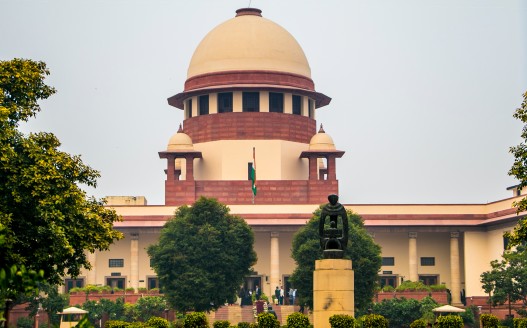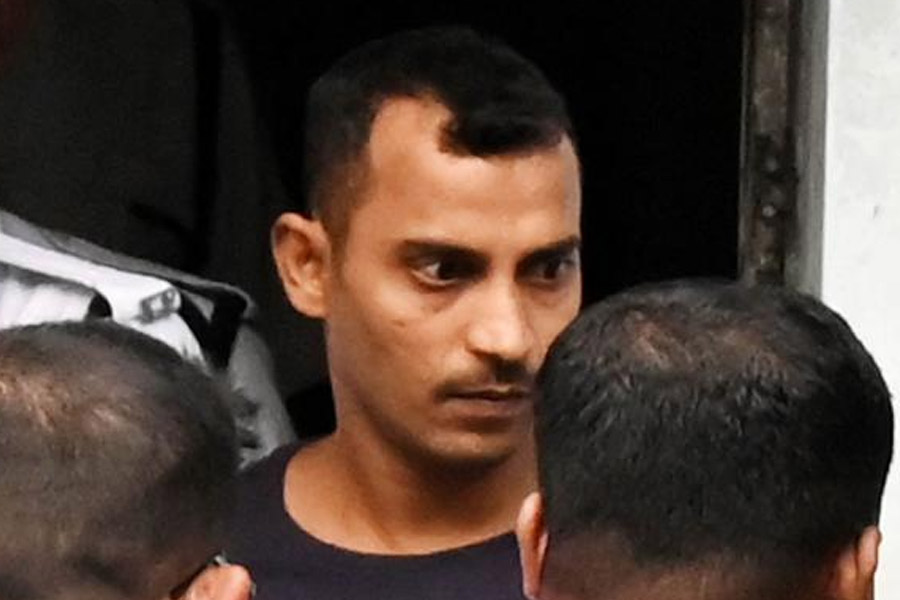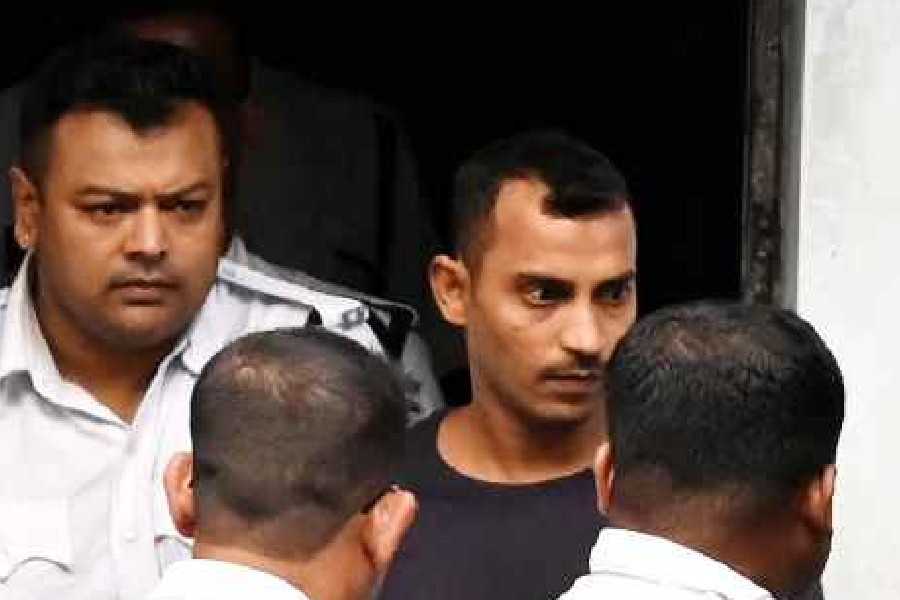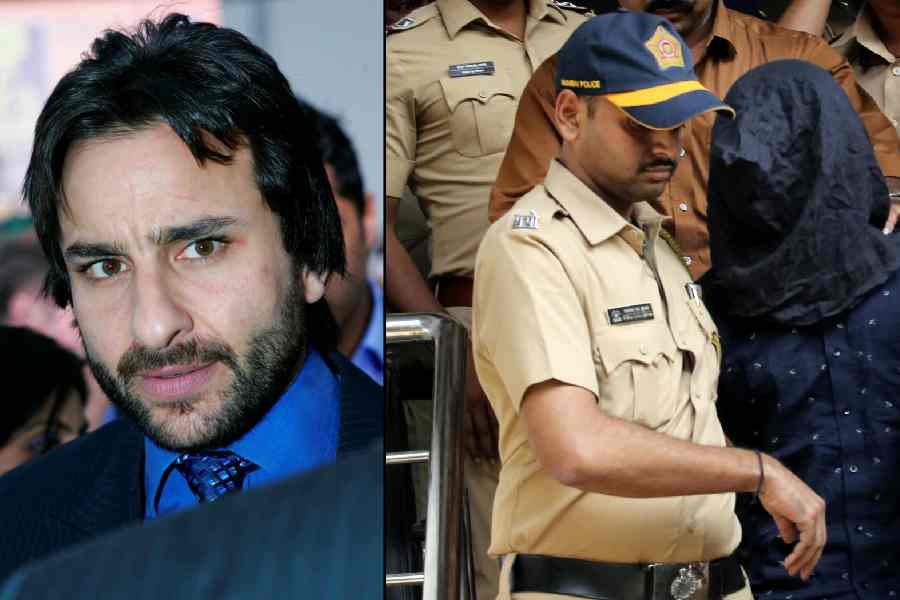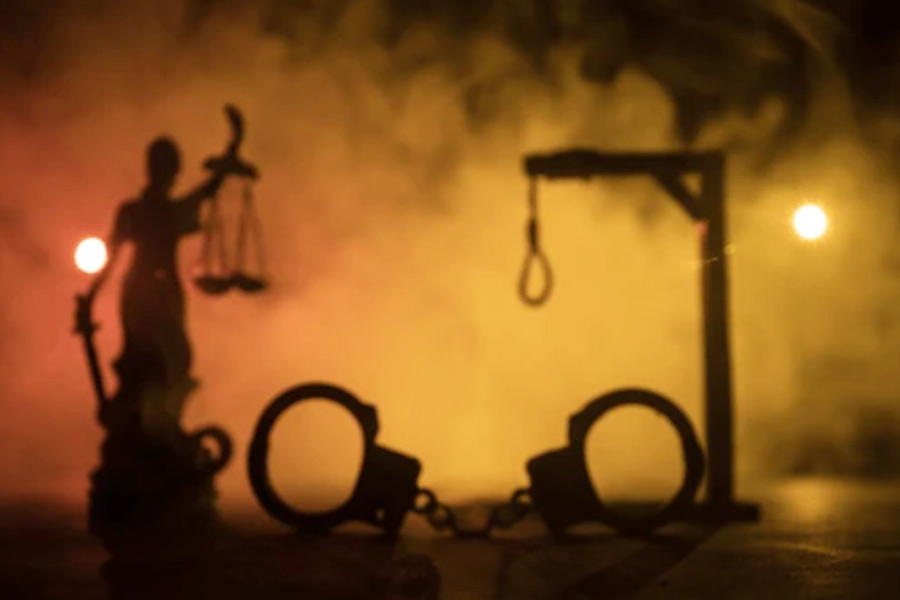The protocol for procedural conduct in cases of sexual assault on women has, for long, been firmly established by judicial directives. Surprisingly, the Supreme Court had to confront the shocking reality of the ‘two-finger test’ still being in use to examine rape survivors; it recently directed the Centre and the states to ensure that this obsolete, invasive procedure is no longer conducted and removed from the curriculum of government as well as private medical colleges. The bench also observed that there is no scientific basis for the test; instead — this is a crucial point — it ends up revictimising and retraumatising women. The observation comes in the backdrop of a decision by the Jharkhand High Court to acquit a rape and murder convict in an incident dating back to 2004. While overturning the high court’s order and upholding the decision by a trial court that found the accused guilty, the Supreme Court referred to a decade-old decision in Lillu vs State of Haryana that had held the two-finger test to be a violation of dignity and privacy. Officials ignoring this order would be guilty of misconduct and liable for punitive action — and deservingly so.
The crux of the matter is the absence of institutional sensitivity towards victims of sexual assault. This indifference, in turn, can be attributed to embedded patriarchal notions about the bodily integrity of women being fluid. In a country that witnesses over 80 rapes of women every day, the police and the medical system often serve as the first responders. And, yet, it is in these institutions where women are often subjected to humiliation and judgment. The law mandates that in the case of sexual assault or attempted sexual assault, a trained female police officer should gather testimony from the complainant, videotape the statement and have the statement recorded by a judicial magistrate without delay. However, procedural delays are common, coupled with prejudicial conduct on the part of the police. Neither are hospital personnel adequately sensitised: focus is often shifted to aspects of the survivor’s sexual history — a privacy issue — that are irrelevant to the case. These and the other gaps in judicial directive and investigative ecosystem must be bridged without delay. Modern sensitisation programmes for law enforcement officials and hospital staff must be held regularly. The deposition of the victim must be obtained in a manner that would encourage more victims to register complaints, thereby beginning the pursuit of justice.

